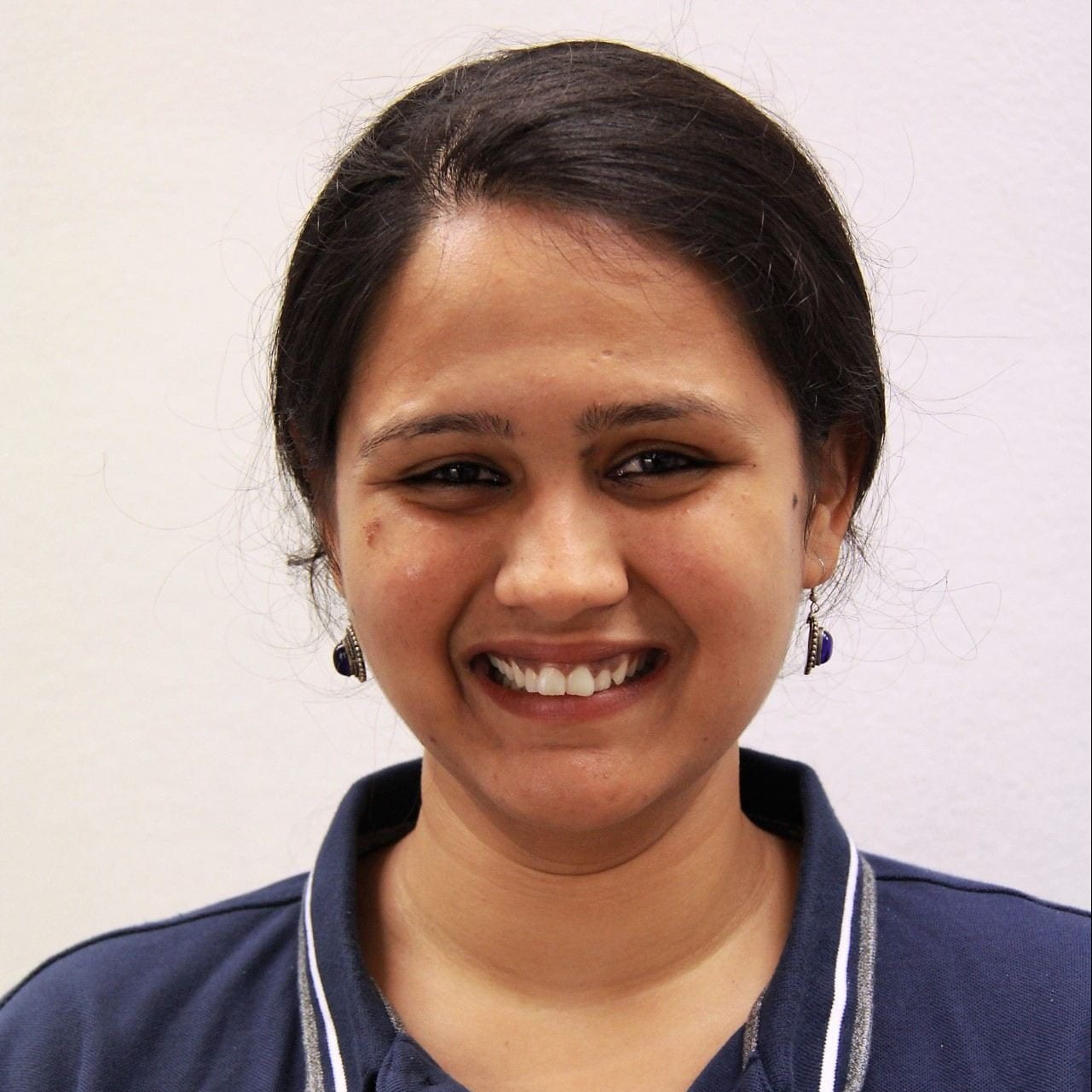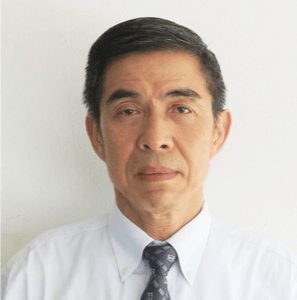UHC: from ideology to implementation
Led by Saudamini DabakSession Synopsis
The achievement of universal health coverage (UHC) has become common currency across the world and is now enshrined in the Sustainable Development Goals (SGD) 2030. Translating the vision of “health for all” into reality is viewed as a political rather than a technical process; it requires reconciling competing interests and marshalling resources underpinned by a strong leadership.
This session aims to inspire participants to convert the aspirations embodied in the call for UHC by providing examples of three countries that have trodden this path. Through this session, participants will have a chance to explore the many questions that confront policy makers such as1:
-
What is the role of political ideology in adopting UHC?
-
Does a country have to be rich to implement UHC?
-
Are legal commitments essential and adequate for ensuring UHC in a country?
-
How do the relative strengths of supportive and opposing institutions shape the course of UHC?
-
What are the windows of opportunities that countries can take advantage of to implement UHC?
Participants will have the opportunity to engage on these types of questions with practitioners from countries at different stages of implementing UHC. Through this session, participants will learn from experiences on what it takes to transform UHC from an idea to a reality and the session will set the stage for the rest of the Leadership Development Programme.
1 Adapted from Stuckler et al, Kelsall et al and McKee et al (see references)

Session format
Panel session with presentations followed by plenary discussion
Session learning objectives
-
To appreciate the objectives underpinning the pursuit of UHC
-
To understand the factors enabling and the barriers impeding implementation of UHC
These learning objectives will be examined through the lens of the country represented by the speakers.
Session outlines
Introduction and overview by moderator (10 mins)
Keynote Speaker (20 mins)
Speaker 1 (15 mins)
Speaker 2 (15 mins)
Open discussion (30 mins)
Session Lead and Panellists
Saudamini Dabak
Lead
Dr. Suwit Wibulpolprasert
Keynote speaker
Prof. Teo Yik Ying
Moderator
Dr. Shankar Prinja
Panellist




